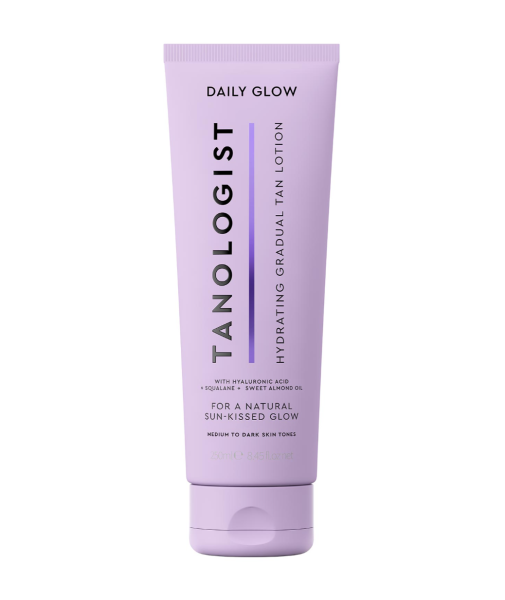Subway Murder Reignites Fear of Anti-Asian Violence
The brutal murder of an Asian woman in New York is reigniting fear of anti-Asian violence.
On the morning of Saturday Jan. 15, 40-year-old Michelle Alyssa Go was pushed onto the train tracks just as a southbound R train approached the Times Square-42nd street subway station.
Her attacker, a 61-year-old homeless man named Simon Martial, fled the station shortly after shoving the unsuspecting woman from behind.
Go was pronounced dead on the scene.
I first heard of this story on Saturday from an Asian friend of mine. My initial reaction, and those of many Asians I know, was the same: “Was she Asian?”
According to the United States Department of Justice, reports of hate crimes in the United States based on race and ethnicity have risen over 10% from 2019 to 2020; more than 65% of hate crimes were racially motivated.
Yet, these statistics may not be displaying the true increase in racial targeting of Asian Americans, as many attacks lack the overwhelming evidence of a racial motive, and are therefore not determined to be hate crimes.
Newly released hate crime statistics from the NYPD database show a rise from 29 incidents against Asian-Americans in December of 2020 to 131 incidents in December of 2021, illustrating a 450% increase in reported crimes against Asian-Americans classified as racially motivated.
Serena Koh, a Korean resident of New York who has lived in the city the majority of her life, has two teenage sons who use the subway to get to and from school each day.
“When I heard about it [the murder] from TV, the newscaster didn’t say that she was Asian, so I chalked it up more to safety issues on public transport in New York. It was only when I heard her last name, which is the same as my last name, that I realized she was Asian,” she told The Willistonian. [The names are actually Koh and Go, but sound very similar when spoken.]
New York City Police Commissioner Keechant Sewell stated the incident was not a hate crime despite Go being of Asian descent. According to ABC News, Sewell said, “This was a senseless, absolutely senseless, act of violence.”
Police on the scene were told by another woman that she had initially seen Martial, and moved away, as she was fearful that he might push her onto the tracks. Police could not confirm the woman’s race.
Despite the supposedly “random” motive of this murder, the reaction to this story and assumption that it was racially motivated highlights the continuous problem of targeted attacks towards people of Asian descent in the United States.
Sung Yeon Choimorrow, Executive Director of the National Asian Pacific American Women’s Forum, thinks the classification of the crime is irrelevant to the fear it, and similar incidents, are instilling in Asian Americans.
“Whether it was a hate crime or not, the reality is, Asian Americans, especially Asian-American women, every time we see an incident like this, our anxiety goes up — regardless of what the correlation is, we see ourselves in these pictures,” she told NBC News.
Choimorrow’s statement is reinforced by the overwhelming number of Asian-American citizens, living in New York or not, who know about the incident.
Jeremie Ng, a senior boarding student from Hong Kong, heard about the murder from a news source focusing on crimes against Asian individuals.
“I follow NextShark, which keeps up with Asian news. When I saw it, I wasn’t surprised because its been going on so much,” she said. “I’m definitely more aware of my surroundings.
Many Asian individuals, specifically women, agree that racially motivated hate is unavoidable, but that doesn’t stop them from taking preemptive measures.
Helen Kim, another fearful Korean resident of New York, has been prompted to support local activist groups, such as KACE (Korean American Civic Empowerment), and carry pepper spray.
“I have felt increasingly less safe in New York City since the pandemic, moreso as the incidents of anti-Asian violence have increased,” she said. “I don’t think this specific incident has increased my concern, it just validates it.”
The non-profit organization Stop AAPI Hate released a national report on hate crimes occurring from March 19 to Sept. 30 of 2021, identifying 10,370 hate crimes against Asian American and Pacific Islander persons; this rate of crime in just seven months averages out to an alarming two hate crimes every hour specifically against Asian-Americans.
Kana Kitano, a four-year boarding student from Tokyo, often visits New York. She was upset, but sadly not shocked to hear about the murder.
“It’s kind of disappointing how it [anti-Asian violence] is still happening,” she said. “I thought it got better after all the things happening during the pandemic, but now I feel scared to go to New York during long weekend.”












